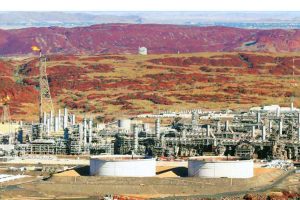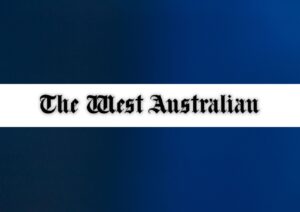
Rights agenda must be responsible
More bureaucrats are the problem in closing the gap, not the solution.

Swimmers say Gina Rinehart financial backing key to success at Paris Olympics
The swimmers have dominated in the pool at Paris, lighting up the La Defense Arena night after night with gold medals galore. And there almost every evening watching on from her corporate box overlooking the pool has been Mrs Rinehart, the swimming benefactor that just about everyone in the sport is raving about.

Rising insolvencies tied to economic policy failures
Whatever political benefits Anthony Albanese is anticipating from his ministerial reshuffle, it will have no impact on the nation’s entrenched economic problems.

Fend for your shelf
State’s biggest resources project left hanging for 749 days as Woodside waits for outcome of environmental appeal.

No positives in it for us
Australian business heads to Canberra’s halls of power to unite against radical environmental law reforms.

‘Deeply concerned’: CCIWA decries Federal Government’s proposed Nature Positive approvals overhaul
Almost half of businesses have no faith that Canberra bureaucrats can handle an environmental approvals system and would consider ditching major projects if timelines drag out any longer, a major survey has found.

Nature Positive: Federal EPA will be unaccountable, secretive and expensive, says Institute of Public Affairs
Labor’s proposed Federal nature watchdog risks being an expensive, bloated bureaucracy that is unaccountable and highly secretive, a conservative think tank has warned.

Hancock Prospecting named presenting partner of News Corp’s 2024 Bush Summit
Gina Rinehart said Australians are “truly fortunate to be able to enjoy the high quality of the agricultural products our farmers work so hard to produce.”

Economic storm clouds warrant a policy rethink
Too many aspects of economic policy, unfortunately, are heading in the wrong direction. The government should look at foundations set in the Hawke-Keating and Howard years and attend to basics, optimising conditions to encourage private sector investment, profit, employment, productivity gains and growth. Policies that limit the footprint of government by reducing regulation, holding down company tax and payroll tax at state levels, and giving employers and workers greater autonomy to negotiate work practices, pay and benefits to suit their industries would be a basis for reviving growth.
